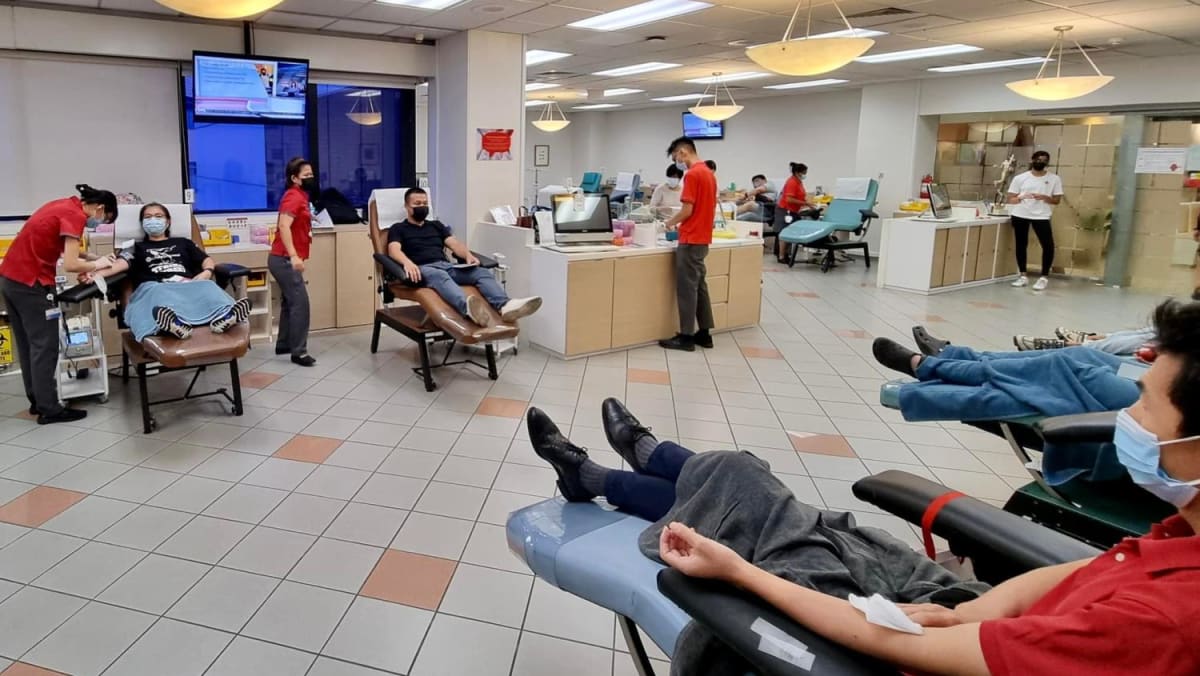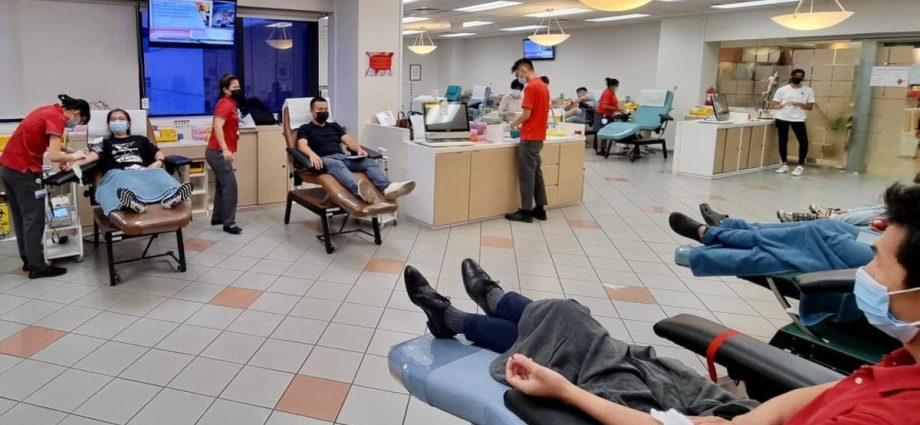
EASING OF “MAD COW DISEASE” RESTRICTION
Later this year, Singapore will relax restrictions on blood donation rules regarding Creutzfeldt-Jakob Disease (vCJD), sometimes referred to as “mad cow disease”, Mr Ong announced.
The condition, a rare and serious degenerative neurological disorder, is caused by the accumulation of abnormal prion proteins in the brain.
It can surface spontaneously because of genetic mutations, or as a result of the consumption of contaminated beef products present in certain countries during certain years.
Furthermore, vCJD can also incubate in an infected person for decades, which is why many countries, including Singapore, ban blood donation for people with a history of living for a period in countries like the United Kingdom, Ireland and France.
Mr Ong provided a personal example of someone affected by this policy, revealing that he is unable to donate blood due to this restriction. As an undergraduate in the late 1980s, he had lived in the UK.
However, scientific advancements mean that white blood cells – which can potentially transmit diseases – can now be removed from transfused blood in a process known as leucodepletion.
No human case of vCJD transmission through transfusion of leucodepleted blood has been reported so far, Mr Ong said.
The United States and Australia are among the countries that have already lifted geographical risk restrictions arising from vCJD.
Singapore will follow suit later this year, Mr Ong said, adding that he was looking forward to donating blood and doing his part.

